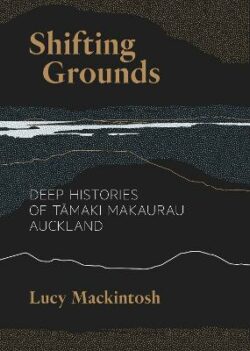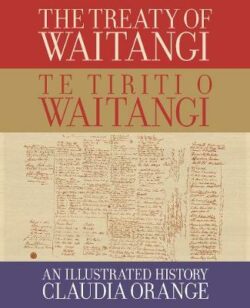English Text of the Treaty of Waitangi
$69.99
Available
Description
This exceptional analysis of the English text of the Treaty of Waitangi represents a major reassessment in our understanding of this foundational document. Historian and lawyer Ned Fletcher calls upon a wealth of archival sources and years of research to provide important new insights into how and why the Treaty was signed, and why ultimately it was not honoured. Exploring the context for the Treaty between the British Crown and Maori tribes of New Zealand, Fletcher surveys British engagement with indigenous peoples throughout the Empire in the eighteenth and nineteenth centuries, including treaty-making that acknowledged indigenous land rights and sovereignty. He then traces the reasons for British intervention in New Zealand, and in particular examines the motives of the three men primarily responsible for framing the English text – British Resident James Busby, Consul and then Lieutenant-Governor William Hobson, and key Colonial Office official James Stephen. Finally, Fletcher shows how powerful forces, including widespread acceptance of American case-law, the machinations of the New Zealand Company, and a growing antipathy to indigenous aspirations within the Empire combined to thwart the Treaty's intent, with dire results for Maori. And, in a remarkable feat of scholarship, he reconstructs the elusive English text, formerly known to us only from later versions and back-translations from the te reo text, to reveal its original meaning. Fletcher's findings cast afresh the relationship between the English and Maori Texts, revealing an optimistic and ultimately affirming assessment of the ongoing foundational role of Te Tiriti o Waitangi in New Zealand life.
Additional information
| Dimensions | 170 × 240 mm |
|---|---|
| ISBN | 9781990046537 |
| Dimensions | 170 x 240 mm |
| Book Type | Hardback |
| Author | Ned Fletcher |
| Author Bio | Lawyer and historian Ned Fletcher is a director of the Manukau-based law firm, Kayes Fletcher Walker Limited, which holds the warrant to prosecute all serious crime in South Auckland on behalf of the government. Following a law degree at Oxford University, Ned was awarded a PhD by the Law Faculty at the University of Auckland. |
| Number of Pages | 736 |




